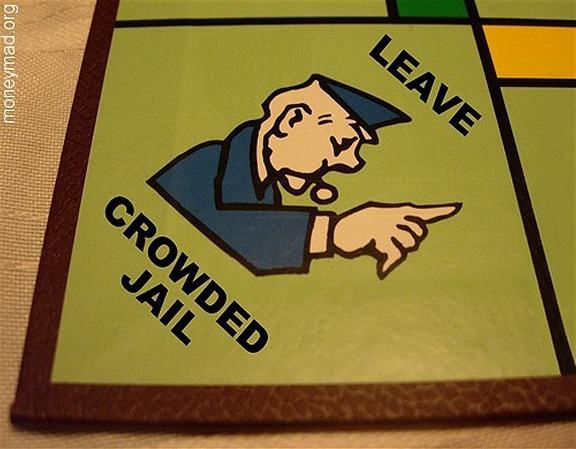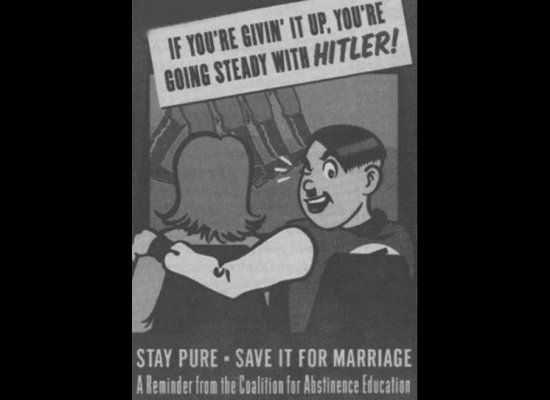Prison Reform on Life Support

The effort to reform Pennsylvania's sentencing structures and alleviate its overcrowded prisons hangs on by a thread.
As a recap, Pennsylvania is in the process of building four new prisons by 2013. The construction costs alone will be more than $800 million, and the annual costs to maintain them will be $50 million each.
To relieve the current situation, the commonwealth has sent 2,000 prisoners to Michigan and Virginia, where they have beds available. The secretary of the Department of Corrections here says that the new prisons will be filled soon after they open, based on current projections.
Last month, the Pennsylvania Senate passed a package of three bills sponsored by Senator Stewart Greenleaf (R-Montgomery County) that would reform sentencing guidelines (SB 1145), make it possible for certain non-violent offenders to leave prison early, based on certain conditions (SB 1161), and create alternatives for technical parole violators, parolees who violate parole but don't commit a new crime (SB 1275).
In the last few years, 20 states have reduced their prison populations by setting up similar structures, and those states, by and large, have not seen an increase in crime. Why not Pennsylvania?
The House Judiciary Committee scheduled SB 1161 for a vote on June 23, as Chairman Thomas Caltagirone (D-Berks County) has been a vocal supporter of reform and relief to the corrections system. The plan was to amend the bill to add pieces of the other two bills into it. However, an error in drafting the amendment forced the committee to hold the bill.
SB 1161 was rescheduled for June 29. At that meeting, Dauphin County District Attorney Edward Marsico, who is president of the Pennsylvania District Attorneys Association, and a lobbyist for the Attorney General's office were given 40 minutes to address the committee and lay out their concerns with the bill. The concerns of the DAs and the AG lit a fuse under some reps, who piled on and offered their own problems with the bill. Lobbyists for the Department of Corrections and for the Board of Probation and Parole were also given a few minutes to speak. (DOC supports the reform, saying it could save us at least $60 million per year, and P&P is conditionally unopposed, with some minor changes.)
As a result of that ruckus, SB 1161 was held over again. Later that week, the legislature finished the 10-11 state budget, and legislators beat feet out of town.
The next opportunity for the House Judiciary Committee to consider this legislation will be after Labor Day, when both chambers return for a few weeks of session before Election Day. If the bill is amended, as expected, passes out of committee, and finds its way through the House, it will still have to go back to the Senate to vote on what's known as concurrence, when a chamber takes up a bill that it already passed but was altered by the other chamber.
I'm worried that prison reform may be dead for this year and maybe the next four years. This legislative session officially ends in November, and there will be only a few more weeks of session. A House staffer who is close to the action is convinced they can get it done. I hope he's right, and I'm wrong.
Andy in Harrisburg
Labels: prisons, Rep. Thomas Caltagirone, Senator Stewart Greenleaf





